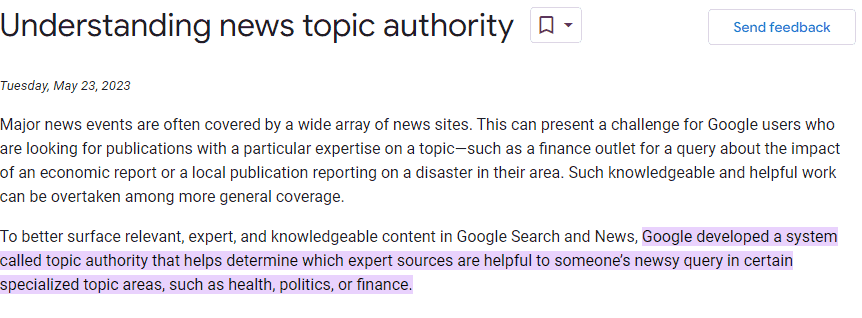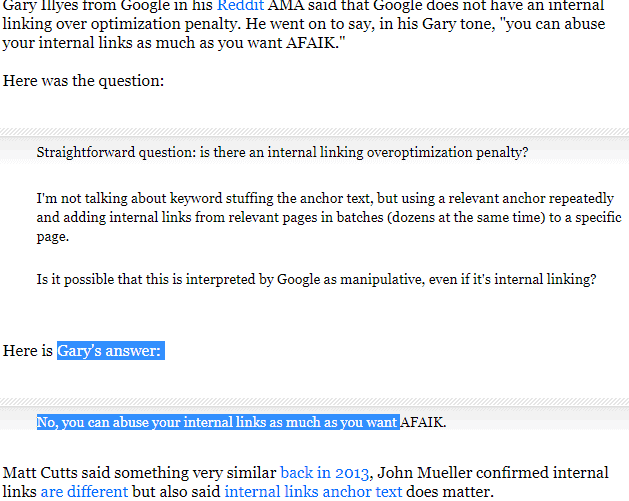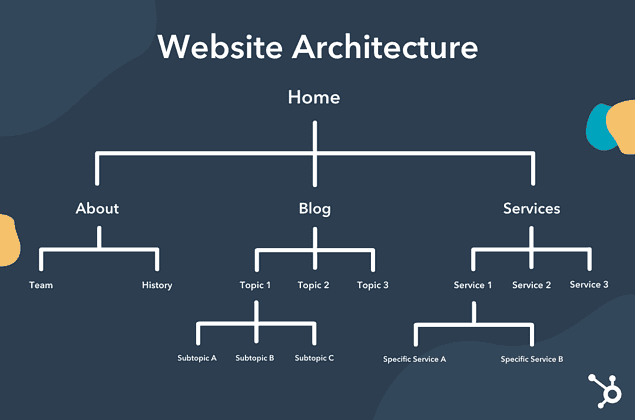Topical Authority: 5 Strategies to Build It For Better Rankings
Last updated on Wednesday, November 8, 2023

Topical authority can help you stand out in the crowded world of content creation.
It refers to the expertise a website or brand has on a specific topic or subject matter.
Simply, it means being recognized as an authoritative source of information in your niche.
Are you ready to dive in?
This article will cover five strategies to help you build topical authority and rank higher in search engine results.
What Is Topical Authority?
Topical authority refers to an SEO concept where a website is considered an authority in a particular topic or subject matter.
It involves creating high-quality, comprehensive, and relevant content on a specific subject over time.
In other words, having topical authority means that search engines and users view your website as the go-to source for information on a particular subject.
It's a concept closely related to E-E-A-T (Expertise, Authoritativeness, Trustworthiness), a system used by quality raters (who work directly or indirectly for Google) to evaluate websites.
Now, let's say you want to rank for the keyword "how to make a good coffee". To establish topical authority, you need to create high-quality content related to this subject consistently.
For example, you should write also about:
- Different types of coffee beans
- Brewing methods and tools
- Recipes for different coffee drinks
The history of coffee and its cultural significance
This comprehensive approach to content is crucial in building topical authority.
Why Is It Important in SEO?
As of May 2023, it has been officially confirmed that Google has been using topical authority to accurately identify and distinguish the experts who consistently deliver the most valuable and relevant information in response to a searcher's news query.

This advanced system plays a pivotal role in ensuring that users receive the most helpful and reliable insights from trusted sources across the internet.
Now, Google's search engine uses semantic associations to rank websites according to their relevance to specific topics.
More content on a subject leads to more relevant internal links, making it easier for both Google and users to discover your content and increasing the likelihood of earning natural backlinks. Being an industry expert can also naturally lead to mentions from others.
So, topical authority is important for SEO because it can help boost your search engine rankings, increase website traffic, and enhance your brand's reputation.
Strategy #1: Content Pillars and Depth and Breadth
Content pillars are broad topics or themes that you consistently cover on your website.
They allow you to establish expertise in a particular area while also covering subtopics related to it.

Source: Semrush
This comprehensive approach shows search engines that your website has depth and breadth in a given subject, further establishing your topical authority.
To increase content depth, consider exploring different angles or perspectives on a topic. This could involve conducting original research, providing expert opinions or case studies, or incorporating multimedia elements such as videos and infographics.
On the other hand, content breadth involves covering a wide range of subtopics related to your main topic. This could include creating guides, how-to articles, listicles, and more.
For example, if you are a finance blogger, your content pillars could include topics such as personal finance, investing, and budgeting. Under each of these pillars, you can cover various subtopics such as saving for retirement, stock market analysis, funding a trading journey, and ways to cut expenses. This comprehensive approach to content creation will help establish your topical authority in the finance niche.
To search for content ideas, you can use tools like Google Trends or AnswerThePublic. Simply enter a broad subject, to find popular subtopics and questions related to it.
Strategy #2: Keyword Research
Keywords play a crucial role in establishing topical authority. They are words or phrases that users type into search engines when looking for information on a particular topic.
Conducting thorough keyword research can help you identify which terms and phrases are relevant to your target audience and how they are searching for information.
By incorporating these keywords into your content, you can improve your chances of ranking for those terms and establish yourself as an authority on that topic.
Remember to use a mix of long-tail keywords (more specific phrases with lower search volume) and short-tail keywords (broad terms with higher search volume) to capture both highly targeted and more general searches.
To perform keyword research, you can use tools like Google Keyword Planner, SEMrush, Ahrefs, or Moz Keyword Explorer.
Also, Google itself works great. By typing a topic in the search box, you'll get suggestions (related searches) to include in your content.

For example, if you are looking for "foods for dogs" and type this phrase into Google, some suggested searches include:
Foods for dogs with allergies
Food for dogs to gain weight
Foods for dogs with sensitive stomachs
Incorporating these variations into your content can help establish your knowledge and expertise on a specific aspect of dog nutrition.
Strategy #3: Consistent Content Creation
Consistent content creation is key to building topical authority. Regularly producing high-quality, relevant content shows Google and users that you are an active and reliable source of information on a particular topic.
This also allows for continuous optimization and improvement of your content, which can help boost its visibility and relevance in search results.
To maintain consistency in your content creation, you can create an editorial calendar or schedule regular posts and updates. This will also help you stay organized and ensure that you cover a diverse range of topics within your content pillars.
Moreover, consistency is essential for building a loyal audience. If readers know they can expect new, valuable content from you regularly, they are more likely to return to your site and share your content with others.
Remember to focus on content quality and long-form content that covers everything about a subject.
In fact, according to a Backlinko study, the average word count of a Google first page result is 1,500 words.

Strategy #4: Backlinks and Interlinking
Backlinks are links from other websites to yours. They are an essential factor in determining a website's authority and credibility.
When reputable websites link back to your content, it signals to Google that your content is valuable and trustworthy. This can significantly boost your topical authority in the eyes of search engines.
To earn backlinks, you can reach out to other websites and offer to guest post or collaborate on a project. You can also create high-quality content that others will naturally want to link back to (your online assets).
Additionally, interlinking your own content is another effective way of boosting topical authority. This involves linking from one piece of content on your website to another relevant piece of content.
Interlinking helps establish the connection between different articles and shows Google that you have a wealth of knowledge on a particular topic.
So, whenever you are publishing new content, remember to link back to related posts you have already published in the past. And make sure to use anchor texts that are connected to the topic you are covering.
And remember, there's no over-optimization penalty for internal linking, which means you can use keyword-rich anchor texts as long as you want!

Source: Reddit
Strategy #5: Site Structure and User Experience
Having a good site structure goes hand in hand with user experience.
Organize your website to the main topics available on the homepage with links to all the other relevant pages. This will make it easier for users to navigate and find the information they are looking for.
Moreover, having a clear and logical site structure helps search engines understand the hierarchy of your content and determine its relevance to different queries.
A well-structured website also ensures that your content is easily accessible and crawlable by search engine bots. This can improve your chances of ranking better in the search results.

Source: Hubspot
To establish a great site architecture, make sure that your most important pages are easily accessible, and create a clear hierarchy for all the content (pillar pages and clusters).
Other than this, build a top navigation menu, to help visitors find what they are looking for and keep your URLs user-friendly.
Remember to not create too many categories. First, cover everything you can about a specific topic, and then you can move forward to other related subjects.
Takeaways
Building topical authority is a trending topic right now among all content creators.
With the recent Google updates, this has become one of the most important aspects of SEO you should focus on.
So, create content pillars and clusters, focus on keyword research, and create well-researched, in-depth articles that will help you earn natural backlinks and mentions.
Hopefully, by following the strategies outlined in this article, you will be able to build an authoritative website and prove to users and search engines that you are an expert in your industry!

Article by:
Erik Emanuelli
Blogger
Erik Emanuelli has been in the online marketing game since 2010. He’s now sharing what he has learned on his website. Find more insights about SEO and blogging here.


